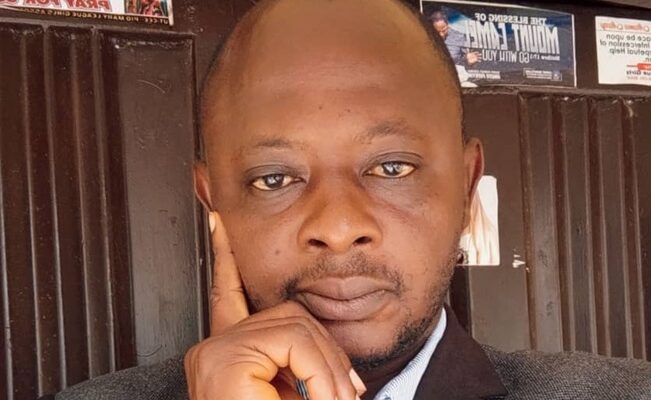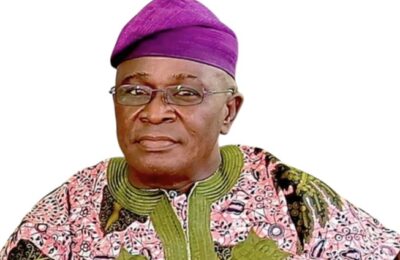“Talent is universal; opportunity is not.” — Nicholas Kristof
Across cities and villages alike, a silent war is being waged—one where dreams are casualties not of laziness, but of lack. In classrooms with leaking roofs and homes without electricity, children whisper dreams of becoming doctors, engineers, presidents. Yet those dreams are often strangled by poverty, orphaned by an unjust system, and buried beneath the debris of unpaid school fees, hunger, and generational disadvantage.
In Abuja—the capital of hope and hypocrisy—degree holders with academic brilliance have been reduced to cleaners and dish washers, while less-qualified individuals with National Diplomas occupy coveted roles secured through nepotism. The disparity is not one of intelligence, but of access. In a nation where who you know trumps what you know, merit has become an orphan. But to those displaced by such injustice—know this: detours are not denials. The palace may still await the pit-dweller.
The frustration of working jobs far beneath one’s intellectual or professional capacity can be soul-crushing. Yet, no station in life is without divine intention. Your hands may be washing plates, but let your spirit continue to dream. Joseph’s coat of many colors passed through many hands before it landed on the throne. Greatness often visits in disguise—through menial jobs, delayed progress, and quiet nights of tears. The furnace you hate may be the womb of the future you crave.
In Nigeria alone, over 13 million children are out of school. Globally, millions more are unable to finish due to fees, insecurity, or neglect. Dr. Martin Luther King Jr. aptly stated, “Injustice in education is the most shocking and inhumane.” Governments speak of “free education,” yet uniforms, books, transport, and meals still remain unaffordable for many. Free, in reality, is just a theoretical promise.
Poverty is not just the absence of money—it is the presence of limitation. It coerces the poor to downsize their aspirations, to rewrite their dreams in cheaper ink. A girl in Kogi walks 12 kilometers daily to school but cannot afford WAEC registration. Her dream fades, not from laziness, but from a system that rewards survival over excellence. It is not ambition that is lacking—it is infrastructure, empathy, and investment.
Yet hope remains. “Success is not always about talent, but about grace, grit, and a refusal to bow before limitation,” says Bishop David Oyedepo. For the cleaner, the hawker, the child who must fetch water before dawn—this is not the end. History remembers those who turned scars into stories. If you are mocked today, let perseverance become your loudest answer. Heaven does not forget silent effort.
This crisis demands more than compassion—it demands reform. From structural equity in education to mentorship initiatives, and private sector engagement in youth development, we must act. Wealth should not be hoarded—it should be seeded into the dreams of those who cannot afford to fail. As Nelson Mandela warned, “A nation that does not educate its children is building its own grave.”
Until that day comes, dreams will continue to be whispered to cracked chalkboards and etched on the margins of torn notebooks. But let us not mourn only—let us build. For every child silenced by poverty today, may we raise a hundred voices that say: your dream is still valid.
– Inah Boniface Ocholi writes from Ayah – Igalamela/Odolu LGA, Kogi state.
08152094428 (SMS Only)




